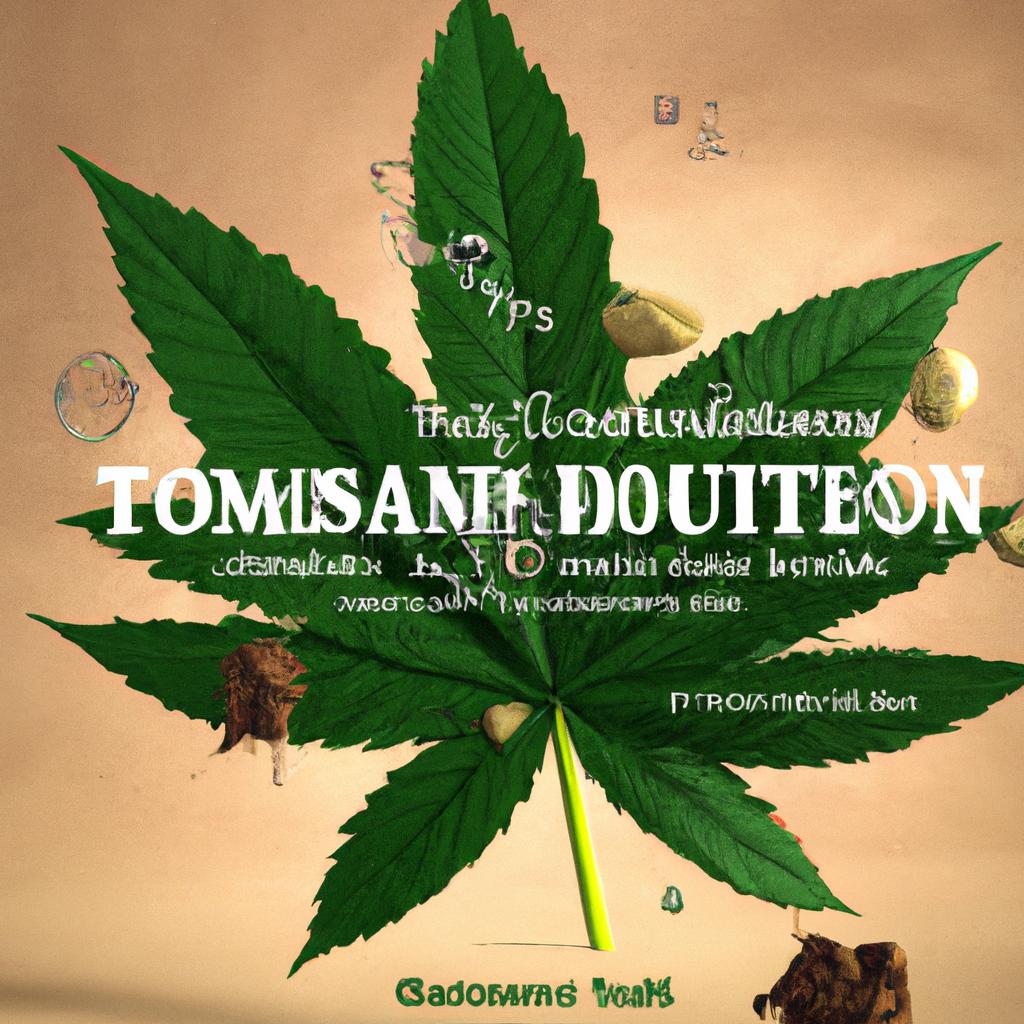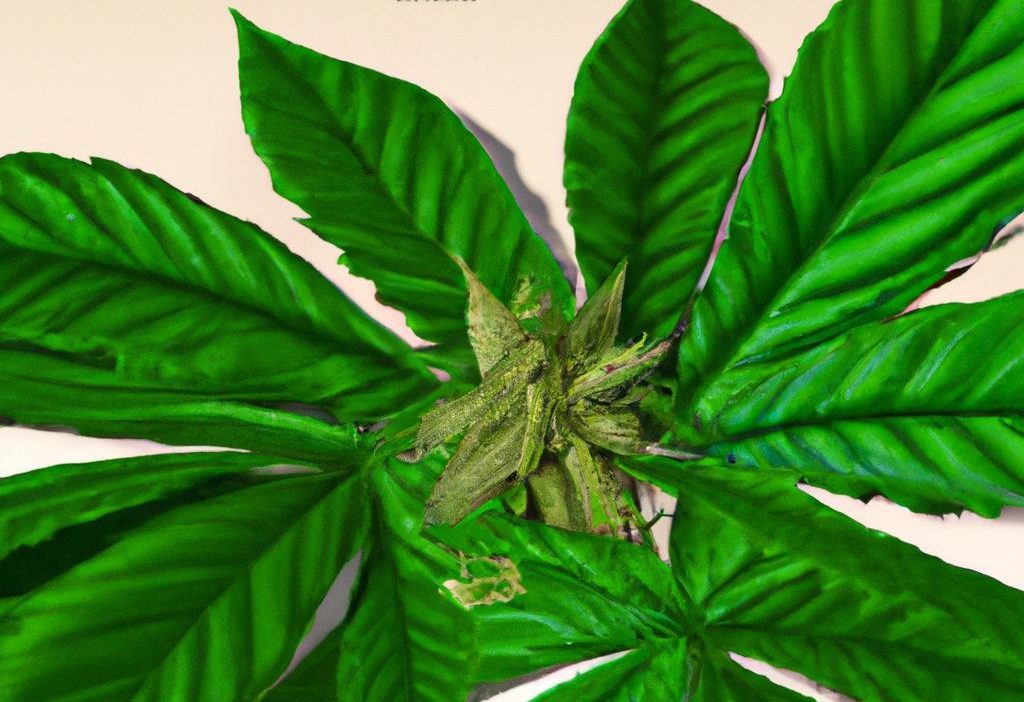
Troubleshooting Common Rosin Extraction Issues: A Guide for Cannabis Processors
Rosin extraction has emerged as one of the most reliable and solventless cannabis processing methods, prized for its safety, simplicity, and ability to produce high-quality concentrates. However, like any cannabis extraction technique, rosin pressing has its share of challenges that can impact yield, potency, and product consistency.Whether your a home grower or an industrial cannabis processor,understanding and troubleshooting common rosin extraction issues is crucial to optimizing your cannabis post-processing workflow.
Why Troubleshoot Rosin Extraction Issues in Cannabis processing?
Cannabis rosin extraction is a delicate balance of temperature, pressure, and timing. Problems like low yields, poor texture, or unwanted impurities not only reduce the quality of the final product but can also increase waste and processing time. Troubleshooting common extraction problems fits into the broader cannabis science and technology landscape, as processors continually seek to refine techniques that preserve cannabinoids and terpenes while improving efficiency.
By mastering troubleshooting methods, cultivators and processors can:
- Increase rosin yields and potency
- Ensure consistent concentrate quality
- Save costs by reducing product loss and equipment wear
- Enhance consumer satisfaction with premium extracts
Common Rosin Extraction Issues and How to Solve Them
1. Low Yield of Rosin
If your rosin press extracts appear sparse or yields are lower then expected, the culprit may lie in multiple factors.
- Under-pressed material: Insufficient pressure won’t release the full amount of rosin.Increase pressure gradually but avoid over-pressurizing.
- Temperature to low: Rosin flow improves between 160°F – 220°F depending on material. Too low a temp can limit extraction.
- Subpar starting material: Fresh, high-quality flowers or hash is key. Use properly cured and stored cannabis with sufficient trichome resin.
- Press time too short: A premature press may leave rosin trapped. Adjust pressing cycle time for thorough extraction.
2. Rosin Is too Dark or Harsh
Dark, harsh rosin often signals heat damage or plant matter contamination.
- Too high temperature: Excessive heat (above 220°F) can degrade chlorophyll and waxes causing discoloration and unpleasant flavors.
- Excess pressure: Over-pressing can squeeze out undesirable compounds.
- Improper filtration: Use quality rosin bags or parchment paper to minimize contaminants like plant debris.
3. Rosin Is Too Sticky or Moist
Moist rosin can be tough to handle and may have reduced shelf life.
- Cannabis wasn’t fully dry or cured: Excess residual moisture affects rosin consistency.
- Press temperature too low: Lower temps sometimes yield sticky rosin due to incomplete resin flow.
- Insufficient pressing time: Extending press duration can improve solventless separation.
4. Rosin Bag or Filter Tearing
Ruined bags can waste valuable material and cause contamination.
- Bags overfilled: Avoid packing too much cannabis in one bag.
- Using wrong micron size: Choose the right bag mesh size for the material type (flower vs hash).
- Excessive pressure: Apply pressure gradually and steadily.
practical Tips to Improve Your Rosin Extraction Process
Key Best Practices for Cannabis Rosin Processing
- Start with quality cannabis: Use high-cannabinoid, properly dried and cured flower or hash for superior rosin.
- Optimize pressing parameters: Experiment with temperature (180°F-220°F),pressure,and time to find the perfect balance.
- Use premium rosin bags: Micron sizes between 25-90 microns are common – smaller for hash, larger for flower.
- Keep equipment clean: Residual material buildup can interfere with heat transfer and press operation.
- Post-process with care: Proper curing and storage post-extraction preserves terpene profiles and potency.
Case Study: Enhancing Rosin Yield Through Parameter Tweaking
In a commercial cannabis extraction setting, a processor was experiencing consistently low rosin yield (~10% by weight) from flower. By carefully adjusting the temperature from 170°F to 200°F and increasing the press time from 30 to 60 seconds, they increased yield to over 18%, while maintaining excellent terpene preservation. Gradual pressure increments helped prevent rosin bag tears. This hands-on troubleshooting significantly improved efficiency and product quality.
Summary of Common Issues and Solutions
| Issue | Likely Cause | Recommended Fix |
|---|---|---|
| Low Yield | low temp/pressure, poor starting material | Increase temp/pressure, use quality cannabis |
| Dark/Harsh Rosin | Excessive heat, plant debris contamination | Lower temp, filter material properly |
| Sticky Rosin | Moisture, low temp, short press | Dry cannabis fully, increase temp/time |
| Rosin Bag Damage | Overfilled bags, wrong micron size | Use correct bag size, apply gradual pressure |
Conclusion: Mastering Rosin Extraction for Cannabis Excellence
Rosin extraction offers a clean and effective way to unlock the purest flavors and cannabinoids from cannabis. Yet, success demands attentive troubleshooting and parameter optimization.From starting material to pressure and temperature control, every step influences the quality and yield of your cannabis concentrate.
by understanding common rosin extraction challenges and how to solve them, processors-whether boutique or industrial-can elevate their cannabis post-processing performance. With some experimentation, patience, and the right equipment, producing top-notch rosin concentrates is well within reach.
Keep refining your methods, embrace the science behind cannabis processing technology, and your rosin yields and quality will only improve over time.





